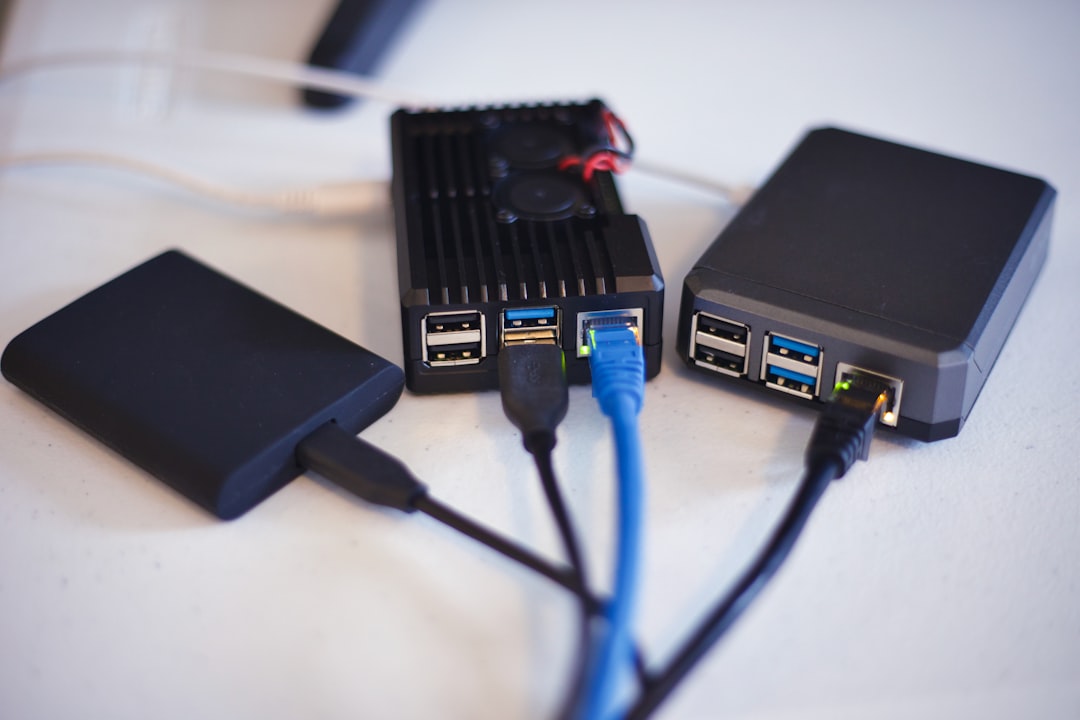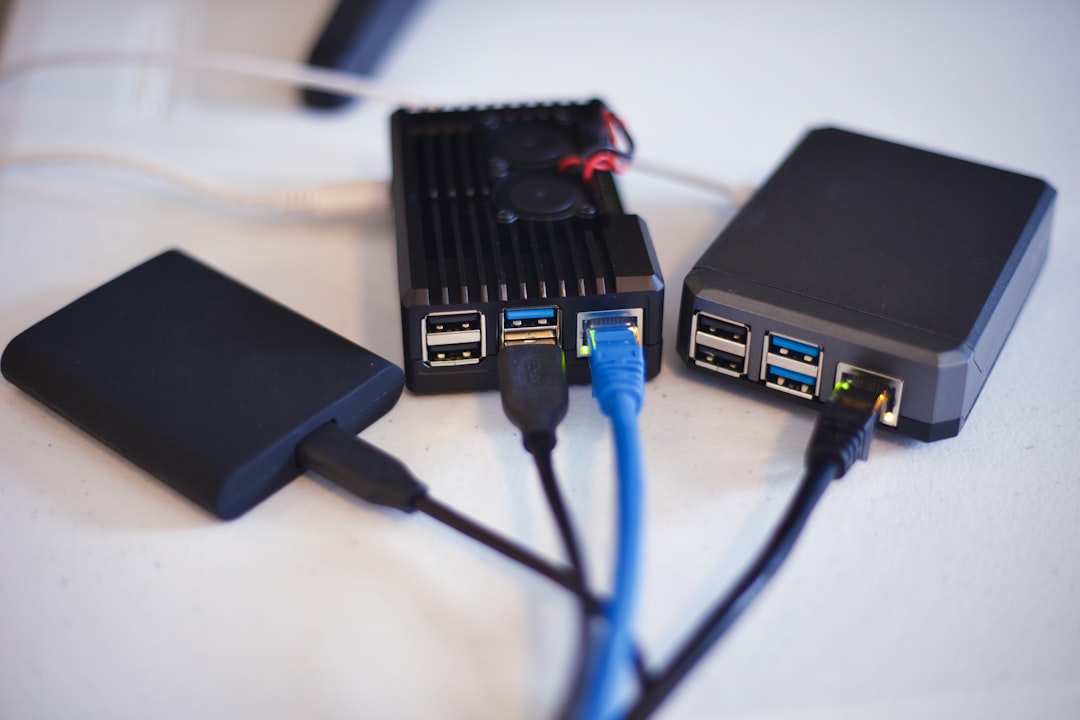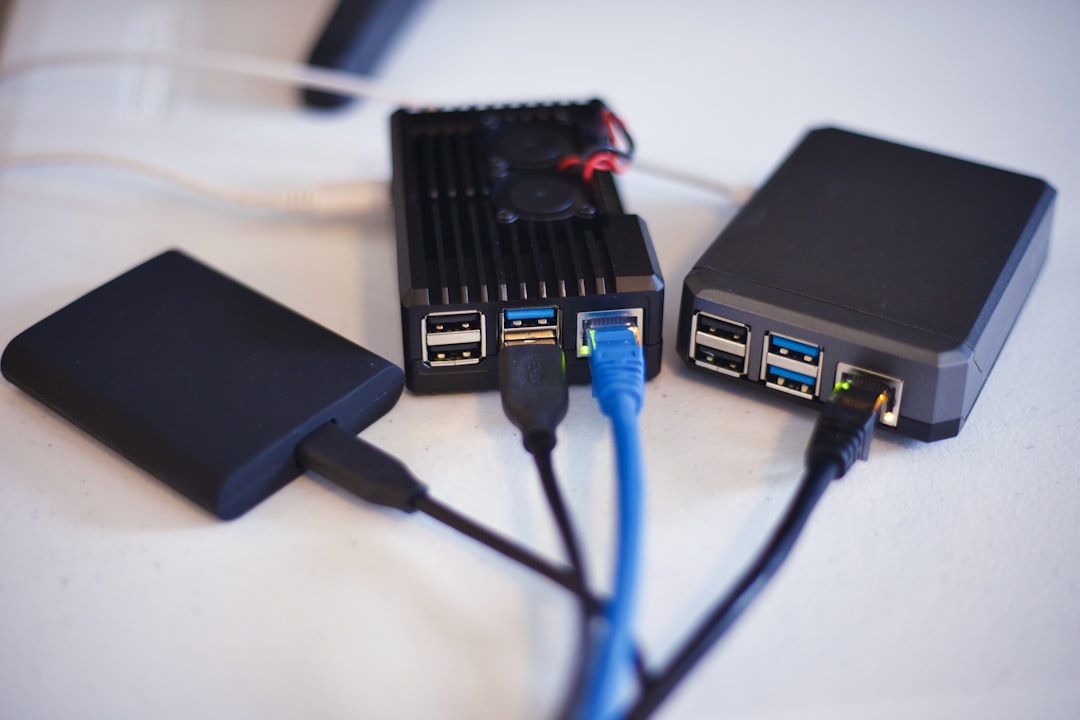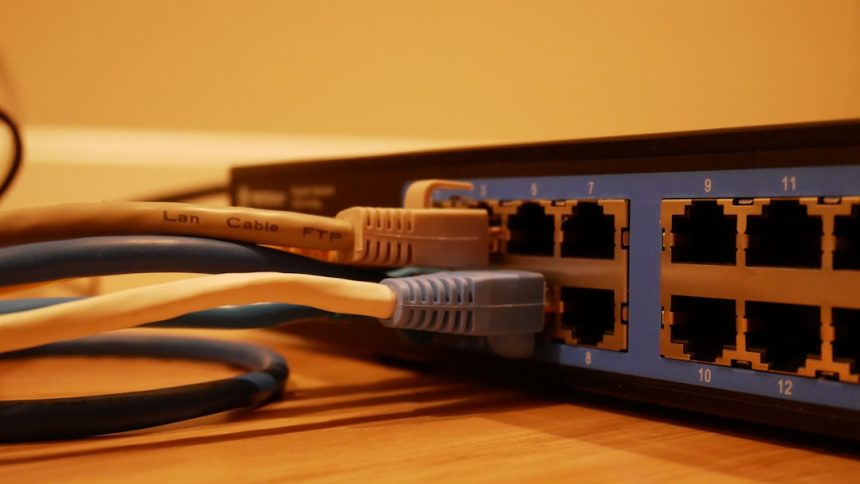With internet privacy and security becoming more important than ever, using a VPN (Virtual Private Network) is now common practice for many users. However, when it comes to setting up a VPN, you might find yourself faced with a crucial decision: Should you use a VPN on your router or directly on your device? While both options have their advantages, they serve different purposes and vary in terms of functionality, complexity, and performance.
This article explores the core differences between a Router VPN and a Device VPN, helping you determine which setup is best suited for your needs.
What Is a Device VPN?
A Device VPN refers to VPN software or applications installed directly onto your devices—such as laptops, smartphones, or tablets. It encrypts your internet traffic from that specific device and routes it through a secure tunnel to the VPN server.
Some key features of Device VPNs include:
- Selectivity: You can easily turn the VPN on or off or switch servers from the device.
- Flexibility: Allows you to choose which device uses the VPN and when.
- User-friendly: Installation and management are straightforward through downloadable apps.
What Is a Router VPN?
A Router VPN is configured directly on your Wi-Fi router, applying VPN protection to all devices connected to that network. Instead of installing VPN software individually, the router manages traffic encryption and tunnels all outgoing traffic through the VPN server.
Here’s what stands out about Router VPNs:
- Network-wide coverage: Every device connected to the router is automatically protected, even smart TVs, gaming consoles, and IoT devices.
- Non-stop protection: No need to remember to turn on the VPN—it’s always on at the network level.
- Device limits bypassed: Ideal for VPN services that have limits on the number of devices you can use.

Key Differences Between Router VPN and Device VPN
Now that you understand the basics, let’s break down the core differences:
1. Setup and Technical Know-How
Device VPNs are usually plug-and-play. Download the app, log in, and connect. Router VPNs, on the other hand, often require more complex installation and technical knowledge. You might need to flash your router firmware or use a VPN-compatible router.
2. Device Coverage
Router VPNs protect every connected device on the network, including smart home gadgets that don’t support VPN apps. With a Device VPN, only that specific device gets VPN protection.
3. Customization and Control
Device VPNs allow for per-device control and server switching. If you’re traveling and need to access a specific region, you can easily make that change. Router VPNs are less flexible—changing servers or settings may require logging into the router’s admin panel.
4. Performance Impact
Running a VPN on a router can slow things down if the router’s hardware isn’t powerful. Device VPNs can often take advantage of your device’s processors, offering better performance and speed options.
5. Simultaneous Connections
Most VPN providers limit the number of devices that can connect at once. A router VPN counts as only one connection because it tunnels all traffic through a single point—making it great for households or small offices.

Which One Should You Choose?
The answer depends on your needs. Consider these recommendations:
- Go with a Device VPN if:
- You only need VPN protection on your laptop or phone.
- You value flexibility and ease of control.
- You’re often switching locations or networks.
- Opt for a Router VPN if:
- You want blanket protection for all devices at home.
- You use many devices, including smart TVs and gaming consoles.
- You don’t want to constantly manage VPN settings on multiple devices.
Can You Use Both?
Absolutely! Using both a Router VPN and a Device VPN can enhance your privacy even further. This setup creates a layered level of encryption; however, it may double the impact on your internet speed and increase connection complexity. Proper configuration is essential to avoid conflicts.

Final Thoughts
Whether you choose a Router VPN or a Device VPN, you’re already taking a huge step toward online privacy and security. The right choice depends on your specific needs, technical ability, and the number of devices you want to protect. In many cases, a combination of both may provide the best of both worlds—but even one can significantly boost your digital safety.






